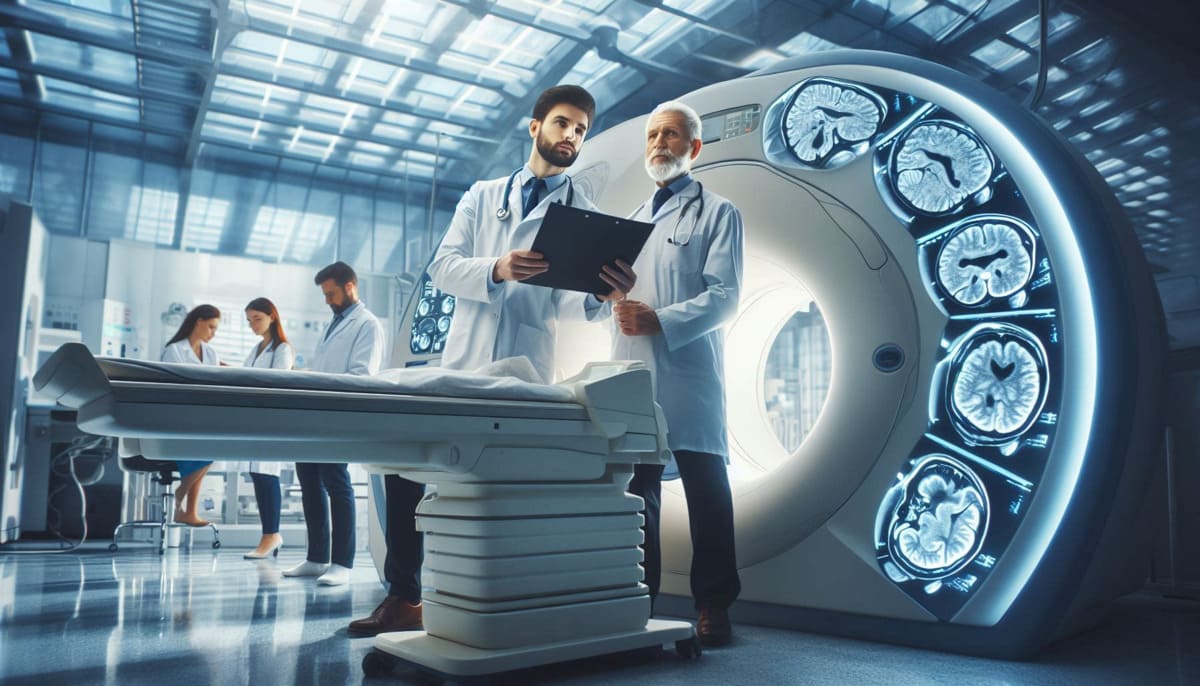Tag: MRi machine

Exploring Liquid Helium’s Role in Revolutionary MRI Technology
Understanding Helium Helium is a fascinating element with unique properties, and its liquid form is particularly intriguing. This introduction aims to provide an overview of liquid helium, exploring its transition from gas to liquid and its crucial role in magnetic resonance imaging (MRI). Additionally, we will delve into the challenges and limitations associated with the…

MRI Machine: The Most Important Components.
When it comes to MRI, there are several components that play a crucial role in capturing high-quality images of the human body. In this article, we will delve into the channels, coils, RF, and cold heads in MRI. Understanding their significance and how they contribute to the imaging process. What are Channels in MRI? In…

Helium Quench in MRI: What you need to know
Magnetic Resonance Imaging has revolutionized the way doctors diagnose and treat medical conditions. MRI machines utilize potent magnets, gases like helium, and radio waves to generate detailed images of the body’s internal structures. However, the functioning of an MRI scanner involves intricate processes, one of which is the helium quench. In this article, we will…

How to prepare for an MRI Scan: A guide
Undergoing a Magnetic Resonance Imaging (MRI) scan can be a daunting experience, however, with the correct preparation it needn’t be. It is important to be aware of the necessary precautions to ensure a safe and accurate procedure. Lets discuss about how to prepare for an MRI Scan, the pre and post requirements for the scanning. What…

Everything You Need To Know About MRI
MRI stands for Magnetic Resonance Imaging. It is a type of scan that uses strong magnetic fields and radio waves to produce detailed images of the human body. Doctors can use MRI scans to observe organs, tissues, joints, and other parts in great detail without using ionizing radiation. MRI works by spinning protons at a…





